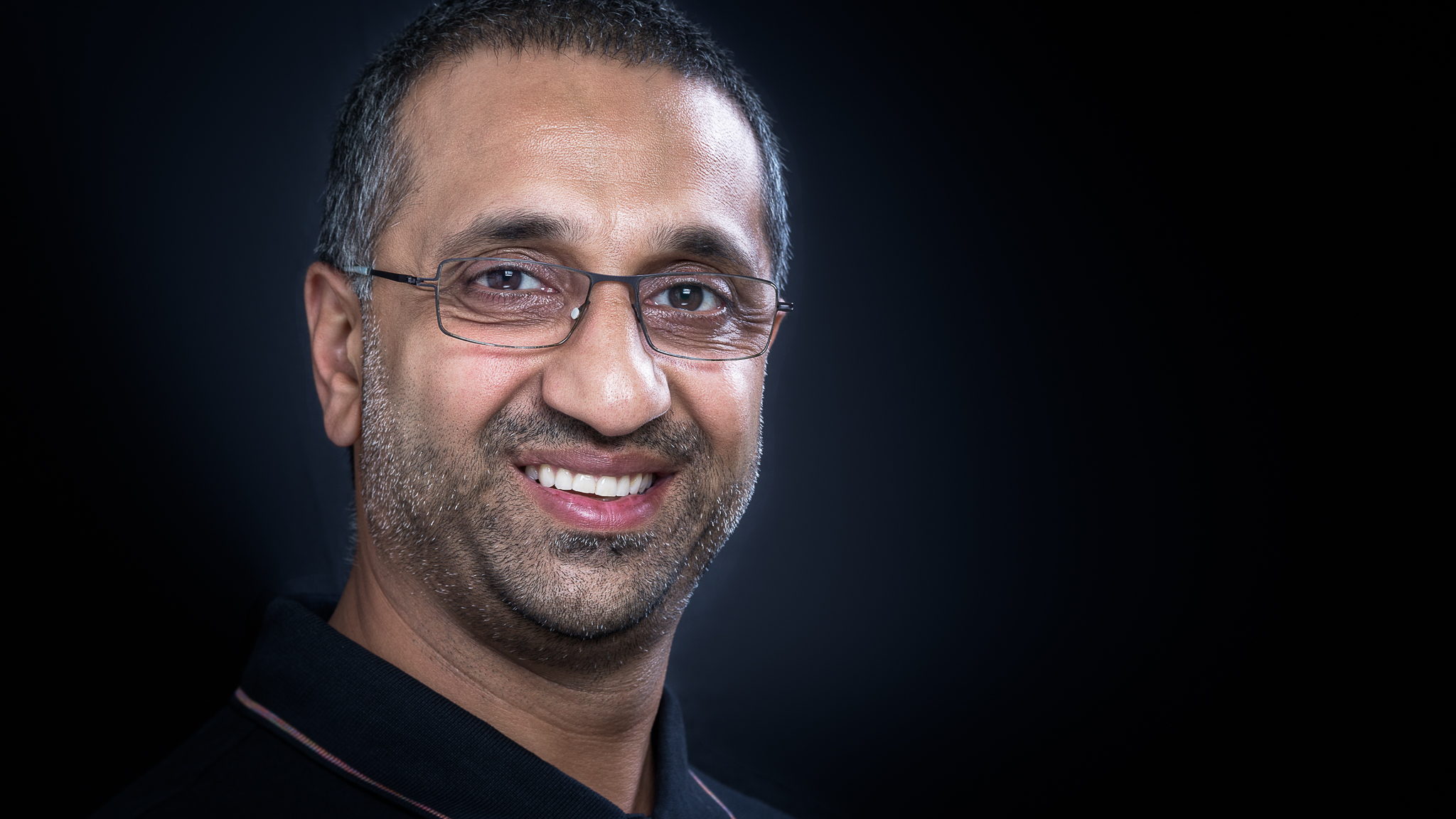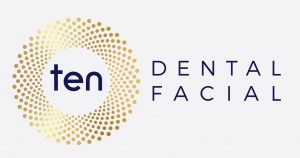Oral health in pregnancy, new motherhood and beyond
Featured Products Promotional FeaturesPosted by: Dental Design 10th June 2021

Patients who are pregnant, or new to motherhood, must receive special tailored care from a supportive dental team. Fluctuating hormone levels, which can persist for months post-partum, are associated with various oral heath complications, so it is imperative they attend the practice regularly and shown how to maintain a high standard of mouth hygiene.
Positive engagement with patients who are pregnant or planning to start a family is so important, because it gives dental practitioners a platform to give them practical guidance and reassurance. This is often a strange, difficult and emotionally challenging period in a woman’s life, with huge emotional highs and crashing lows. As was the case pre-Covid, the impact of the pandemic on the perinatal experience would have been overwhelming for millions of mothers-to-be and new mothers, too.
 One predictable legacy of the Covid crisis is the avalanche of misinformation online. Pregnant women need clear advice and consistent messaging, based on knowledge and experience, delivered empathetically. This will empower them to take control of their health, to enjoy the benefits not only for themselves, but for their growing family. Pregnancy is a complex biological process yet still shrouded in myth, with a dose of old wives’ tales thrown in (“gain a child, lose a tooth”), and dental practitioners can unpick some of them. Pregnant patients must also be reassured that it is safe to visit the practice, so they should not hesitate in making an appointment if they have any pain, or a dental situation that is concerning them.
One predictable legacy of the Covid crisis is the avalanche of misinformation online. Pregnant women need clear advice and consistent messaging, based on knowledge and experience, delivered empathetically. This will empower them to take control of their health, to enjoy the benefits not only for themselves, but for their growing family. Pregnancy is a complex biological process yet still shrouded in myth, with a dose of old wives’ tales thrown in (“gain a child, lose a tooth”), and dental practitioners can unpick some of them. Pregnant patients must also be reassured that it is safe to visit the practice, so they should not hesitate in making an appointment if they have any pain, or a dental situation that is concerning them.
The hormonal surge during pregnancy means gingiva often feel sore, which can make toothbrushing uncomfortable. Swollen, inflamed and bleeding gums are also common, and some studies have found an association between periodontal disease and adverse outcomes, including low birthweight, pre-term birth and pre-eclampsia – although more research is needed, as the evidence is inconclusive.[i]
Ideally, optimising oral health should begin when a woman is planning to conceive. There may be an opportunity for treatment to be delivered before pregnancy and/or for the daily hygiene routine to be reviewed and improved to minimise the risk of disease. It should be noted, though, that even someone with a good standard and understanding of oral health may find themselves suffering from pregnancy gingivitis.
If a patient is already pregnant, methods to effectively clean a tender oral cavity should be taught, along with suggestions on how to manage any sickness. Excessive vomiting will weaken the enamel – recommending regular sips of plain water to rinse and freshen the mouth can help, although if possible she should wait at least an hour before brushing the teeth. Eliminating sugary snacks, and choosing something like dry crackers, nuts or toast, can help manage nausea.
Many of the oral health impacts of pregnancy will resolve post-partum; localised gum swellings, for example, tend to vanish spontaneously so it is usually best to leave them alone. If a swelling does not resolve, then solutions may then be discussed, particularly if there are functional and/or aesthetic benefits to removing it.
A good patient-practitioner relationship will support loyalty, going forward. Continuing to maintain regular dental appointments after the birth will keep them engaged with their oral health and allow you to work with the growing family. One legacy of Covid is that routine consultations have sometimes become harder to access; home care routines have never been more important. Reducing childhood decay requires a proactive partnership between practice and parent/carer – teaching them how to clean their child’s teeth is important, as are the fundamentals of nutrition. Again, dental teams must dispel myths and misinformation; for example, your patient may tell you how she has heard that breastfeeding is linked to an increased risk of caries in children. The official line in the UK is contrary to this; breastfeeding up to the age of 12 months is associated with a decreased caries risk.[ii] For this reason, dental professionals, along with other healthcare professionals, are encouraged to support mothers to breastfeed.
 So clear advice, a supportive atmosphere and establishing relationships – these ingredients are all part of the recipe that will keep women in good health before, during and after their pregnancy. With this approach, you can improve outcomes long after their baby is born. A trusted clinic like Ten Dental+Facial is committed to treating patients who need extra reassurance through special care, with a skilled and experienced team delivering tailored, appropriate treatment and oral health advice.
So clear advice, a supportive atmosphere and establishing relationships – these ingredients are all part of the recipe that will keep women in good health before, during and after their pregnancy. With this approach, you can improve outcomes long after their baby is born. A trusted clinic like Ten Dental+Facial is committed to treating patients who need extra reassurance through special care, with a skilled and experienced team delivering tailored, appropriate treatment and oral health advice.
Pregnancy can be a time of excitement and anxiety – bringing a child into the world in the aftermath of a global pandemic just adds to the list of things an expectant, or new mother is worried about. Many patients would be surprised just how much pregnancy can impact on oral health, and how much support is available from the dental practice. Dental professionals may not be pregnancy experts, but they can help make this a more comfortable, healthy time.
For more information visit www.tendental.com, email referrals@tendental.com or call on 020 8675 1798
Author: DR NIKHIL SISODIA – BDS (U Brist) (GDC: 70616) – Implant Surgeon
[i] Oral health and Pregnancy. British Society of Periodontology and Implant Dentistry. Link to resources: https://www.bsperio.org.uk/patients/oral-health-and-pregnancy (accessed April 2021).
[ii] Breastfeeding and Dental Health. Public Health England guidance published January 2019. Link: https://www.gov.uk/government/publications/breastfeeding-and-dental-health/breastfeeding-and-dental-health (accessed April 2021).









